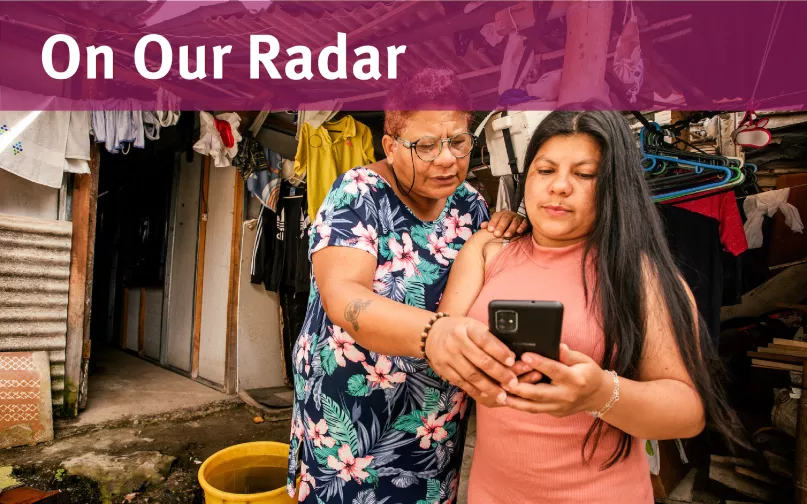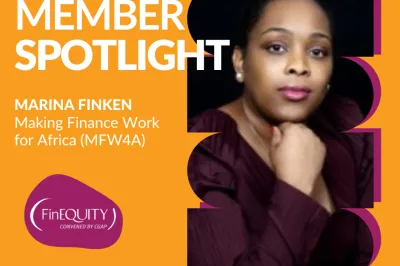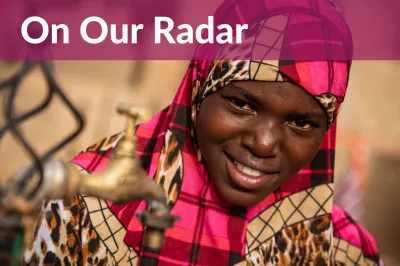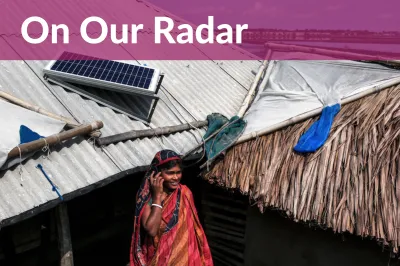On Our Radar: June 2022

An updated take on "What We're Reading", the FinEquity team brings you a curated list of women's financial inclusion and economic empowerment content we've been consuming recently, from podcasts, new initiatives and articles to videos and social posts. We hope you enjoy!
On Our Radar
FinDev Blog: Four Ways to Design Agent Networks That Work for Women
From IDEO.org's Women and Money Program Director Mary Katica, this post looks at how can we leverage agent networks to onboard women into digital financial services.
Women’s Digital Financial Inclusion Advocacy Hub
UNCDF just launched a new gender initiative in Ethiopia, with a specific focus on advancing women’s digital financial inclusion. The Women’s Digital Financial Inclusion (WDFI) Advocacy Hub is UNCDF’s flagship gender initiative to promote WDFI policy change and support the creation of gender-inclusive digital economies through Local Coalitions. The Hub is a partnership with Women’s World Banking.
Reading deck: Women in the Platform Economy
Millions of women are engaged in platform work around the world, both as workers and sellers. To shed light on the opportunities and challenges facing women platform workers, as well as to better understand their financial profile and need for financial services, CGAP conducted primary research with women platform workers and sellers.
In the news: South Africa to receive universal broadband
Broadband has historically been a marker of South Africa's wealth gap - can providing universal broadband move the needle and provide a boost for gig economy workers, students, MSEs and more?
World Bank blog: Helping women entrepreneurs break into global markets by overcoming challenges at the border
Women traders often face policy and legal obstacles and gender-biased sociocultural norms, higher tariff and nontariff barriers, and lack of access to technology, finance, and education. The challenges seem daunting and complex. The World Bank's collection of gender-disaggregated data shows that women-led firms often face greater trade facilitation challenges than those led by men.
FAI blog: Women’s Worker Burnout in Microfinance
This blog from FAI draws on conversations with MFIs discussing how women may be affected by pandemic worker burnout. The goal was to understand worker burnout and its impact on women in microfinance, particularly because there remains a large gender gap in microfinance leadership, and female attrition could reduce the role of women in the leadership of MFIs even more.


